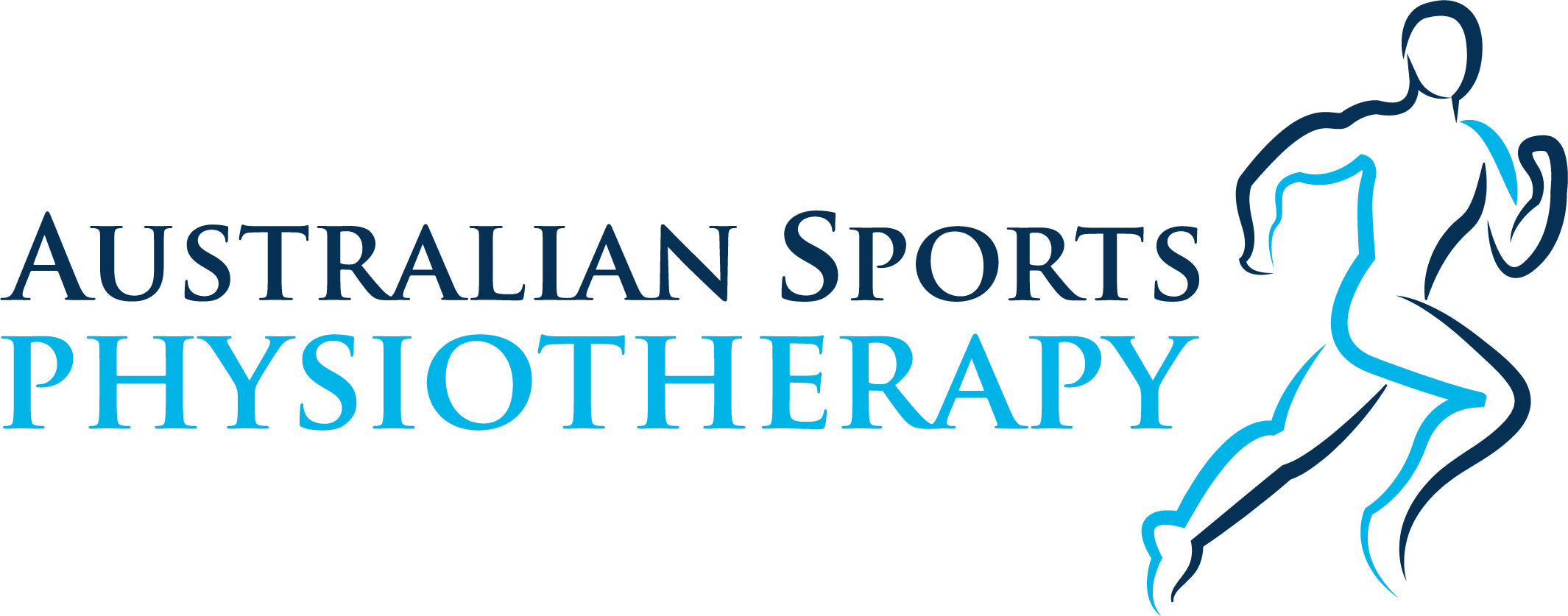Are you scheduled to undergo knee surgery soon? While the thought of surgery can be intimidating, there are steps you can take beforehand to improve your outcome and recovery. Have you considered the concept of rehabilitation?
Preparing for knee surgery goes beyond just showing up on the day of the operation. By focusing on prehabilitation, you can strengthen the muscles around your knee and mentally prepare yourself for the procedure and rehabilitation process.
In the realm of orthopedic surgery, prehabilitation has been gaining traction as a valuable tool for optimising surgical outcomes. By starting a prehab program before your knee surgery, you can shorten your recovery time, minimise post-operative pain, and improve your overall mobility.
What is prehabilitation for knee surgery?
Facing knee surgery might seem overwhelming, but prehabilitation, also known as prehab, can significantly enhance your results. Prehab involves a tailored approach to rehabilitation aimed at priming your body for the upcoming surgery.
Prehab consists of targeted exercises and lifestyle changes intended to strengthen the muscles surrounding the knee, improve cardiovascular health, and boost general mobility. Patients who enter surgery in a stronger and more resilient state can dramatically improve their postoperative outcomes.
What to expect in prehab for knee surgery
A prehab program typically includes a combination of:
- Strength training exercises: Targeting the muscles around the knee, including quadriceps, hamstrings, and calves.
- Flexibility exercises: Improving range of motion in the knee joint.
- Balance exercises: Enhancing stability and reducing the risk of falls.
- Cardiovascular exercise: Improving overall fitness and endurance.
- Nutritional optimisation: Encourages a well-balanced diet high in vitamins, minerals, and protein to promote tissue healing and decrease inflammation.
- Weight management: Losing excess weight can reduce stress on your knees.
- Mental preparation: Addresses stress and anxiety by educating patients about the surgery, post up routine in the first few days, creating realistic expectations, and suggesting relaxation techniques and warnings signs to look out for.
- Smoking cessation: Smoking can impair healing, so quitting is highly recommended.
Common prehab exercises for knee surgery
Your specific exercise program will depend on your condition. Some common prehab activities include:
- Quadriceps strength: Exercises like leg raises, squats, wall sits, chair stands and lunges.
- Calf strength: Ankle pumps and calf raises.
- Balance exercises: Standing on one leg, using a stability ball.
- Flexibility exercises: Hamstring stretches, knee-to-chest, quad stretches, and calf stretches.
Benefits of prehab for knee surgery
- Decrease hospital stay: Better physical condition often means a shorter recovery period.
- Faster recovery: Stronger muscles and better flexibility post-surgery lead to quicker healing and a smoother rehabilitation process.
- Reduced post-surgery pain: Improved muscle strength can help alleviate knee pain before and after surgery.
- Enhanced mobility: Prehab exercises focus on increasing range of motion, making it easier to regain mobility after surgery.
- Lower risk of complications: Better overall physical condition reduces the risk of postoperative complications like blood clots and infections.
- Improved mental preparation: Engaging in prehab helps you mentally prepare for surgery and recovery.
- Improved surgical outcomes: Stronger and more flexible muscles help improve surgical outcomes and reduce the incidence of postoperative problems.
When to start prehab for knee surgery
Ideally, you should start prehab for knee surgery 6–8 weeks before surgery. However, starting earlier is always beneficial. It’s essential to consult with your surgeon and physiotherapist to develop a personalised prehab plan.
Advantages of physiotherapy prehab for knee surgery
When you participate in prehab with an exercise physiologist or physiotherapist, you benefit from a personalised treatment regimen created to meet your individual needs, objectives and goals.
Your physiotherapist or exercise physiologist will evaluate your present physical state, pinpoint any weaknesses or imbalances, and formulate a focused exercise and prehab strategy to target those areas. The program may encompass exercises aimed at enhancing strength, flexibility, stability, and cardiovascular fitness.
Knee pain and inflammation are common challenges for individuals awaiting surgery. Prehab aims to reduce these symptoms by using various techniques, such as manual therapy, movement and things like heat or cold therapy. By helping to manage pain and inflammation before surgery, you can enhance your comfort levels and optimise the surgical process.
Prehab is not only about physical preparation but also about providing you with the knowledge and strategies needed to actively participate in your recovery journey.
During prehab sessions, your physiotherapist or exercise physiologist will inform you about postoperative expectations and self-management techniques. This education empowers you to take control of your recovery and make informed decisions about your health.

Final thoughts
Prehabilitation for knee surgery can make a significant difference in your recovery process. By strengthening the muscles around your knee and improving your overall fitness level beforehand, you can help reduce pain, improve mobility, and speed up your recovery time.
So, don’t wait until after surgery to start taking care of your knee – start prehab now and set yourself up for a faster return to daily activities.










